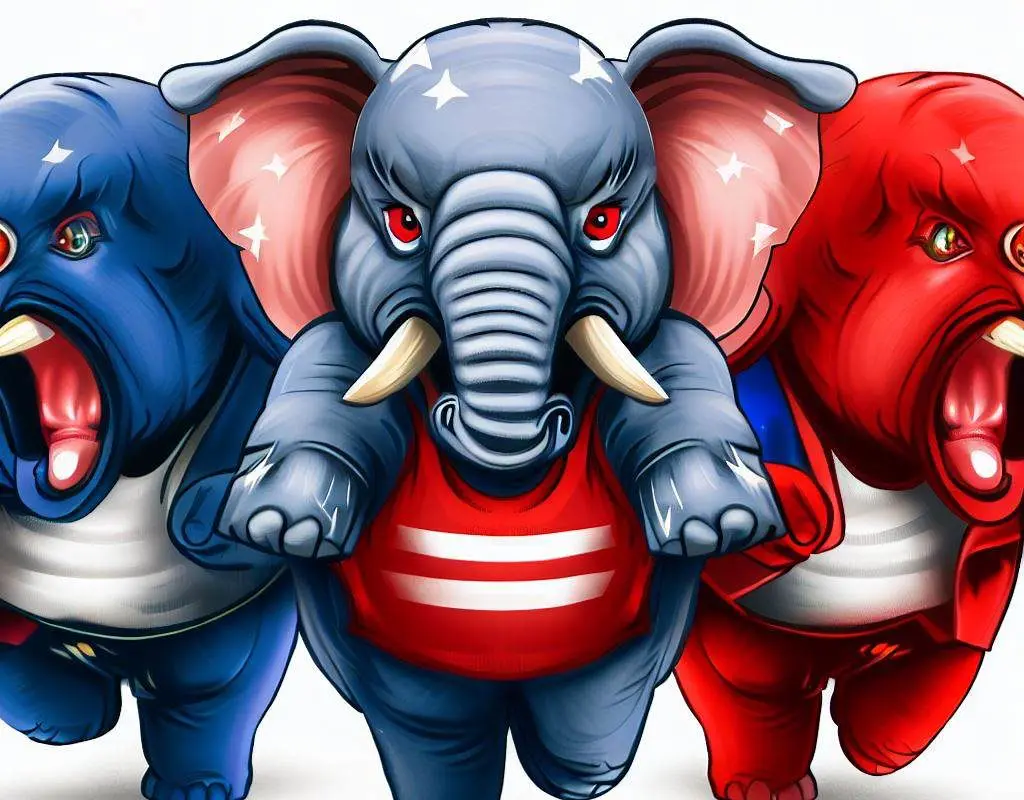There are many things in life you don’t want to rush through; many experiences you wish to linger. The American cult of efficiency is a kind of over-optimization, and over-fitting of a line that delusionally demands up and to the right every single day, every single quarter, every single time.
The benefits of stopping to smell the flowers have been extolled by sages and philosophers throughout the ages. In all of recorded human history lies some form of the mantra, “haste unto death” — for it is true. We rush headlong off the cliff after all the lemmings ahead of us. We can’t help ourselves — eternal moths to eternal flames.
The slow life
From the cuisine to jurisprudence, from behavior economics to psychological well-being, moving more slowly has numerous well-established benefits. Efficiency should never be the only goal, in any domain or at all times. As James Madison strongly agreed with, “moderation in all things” is the mathematically optimal way to approach life, justice, and governing. Influenced by the Marquis du Condorcet, the invention of statistics, and a distaste for extremism in all forms, The Founders were prescient regarding the later theory of the wisdom of the crowds. They sought to temper the passions of the crowds via checks and balances in our system of governance.
“The arc of the moral universe is long, but it bends toward justice,” said Martin Luther King, Jr. That the veracity of the quote remains unsettled is unsettling, like strange fruit swinging in the southern breeze. Yet the “quick justice” barbaric efficiency of slavery, the Confederacy, Jim Crow, superpredators, and mowing down unarmed Black men for traffic violations to name a few, are no examples of fairness. Faster isn’t always better, especially when it comes to justice. It takes time to gather facts, talk to witnesses, piece together the crimes and document them in an airtight way, brokering no doubt in the mind of a single jurist.
More efficiency topics
Areas I’ll be further exploring:
- Slow thinking — Daniel Kahneman’s behavioral economics and cognition theory about slow and fast thinking systems in the brain, how they physiologically arose, and their implications for bias, decision making, geopolitics, and more.
- Journey vs. Destination — It’s not just about getting to the same restaurant and eating the same thing. The end doesn’t always justify the means. Traveler vs. Tourist. Go with the flow. Roll with it, baby.
- An ounce of caution — A stitch of time. He who makes haste makes waste. Don’t count your chickens before they hatch. Be careful!
- Self-reflection — Thoughtfulness. Rumination. Mindfulness. Presence.
- Being too busy speeds up time, not necessarily in a good way. Leads to the unexamined life, a Stoic no-no. Socrates would not approve, dude.
- Enoughness — Sustainability. Patience. Non-violence. Whole-heartedness.
- Hierarchy vs. Fairness — Consensus takes a lot longer. Dictators and monarchs are nothing if not efficient.
- The appeal of fascism — History and ideology of the Nazis and their obsession with efficiency.
- PR — soundbites. Simple narratives. Tropes, slogans, repetition.
- Entertainment — intellectual empty calories. Neil Postman. McLuhan.
- Automation — AI, bots, robotics, threats to labor
- Walking vs. Transportation
- The slow food movement
- Speed reading
- Speed runs — video games


